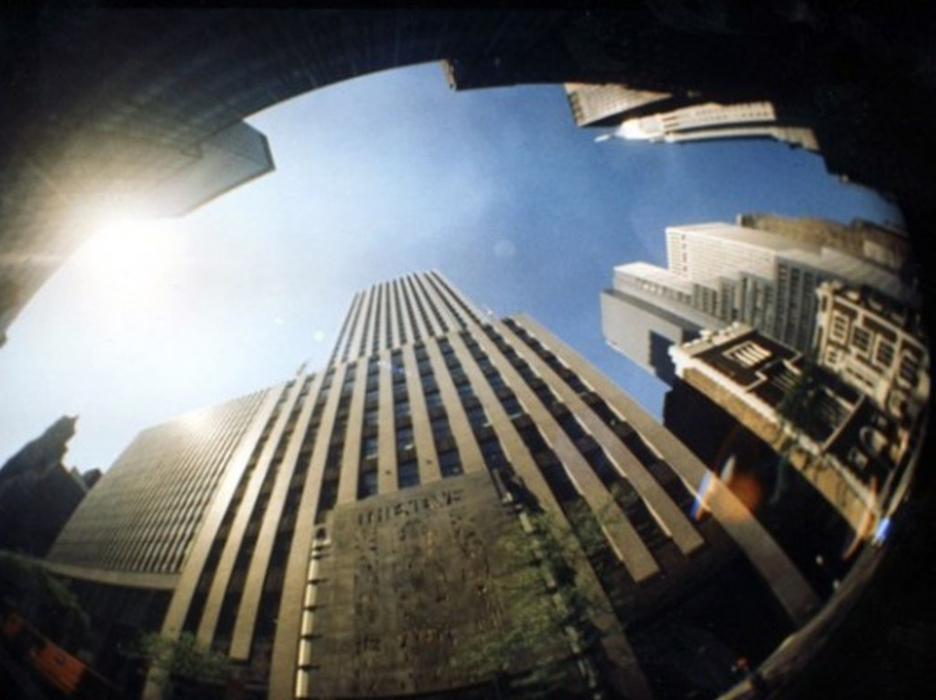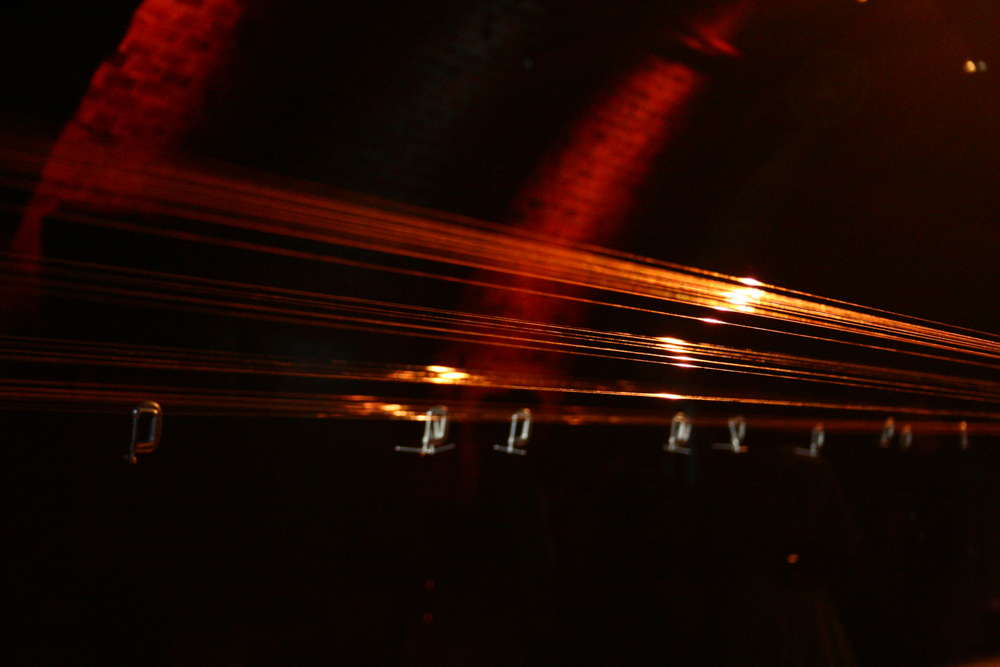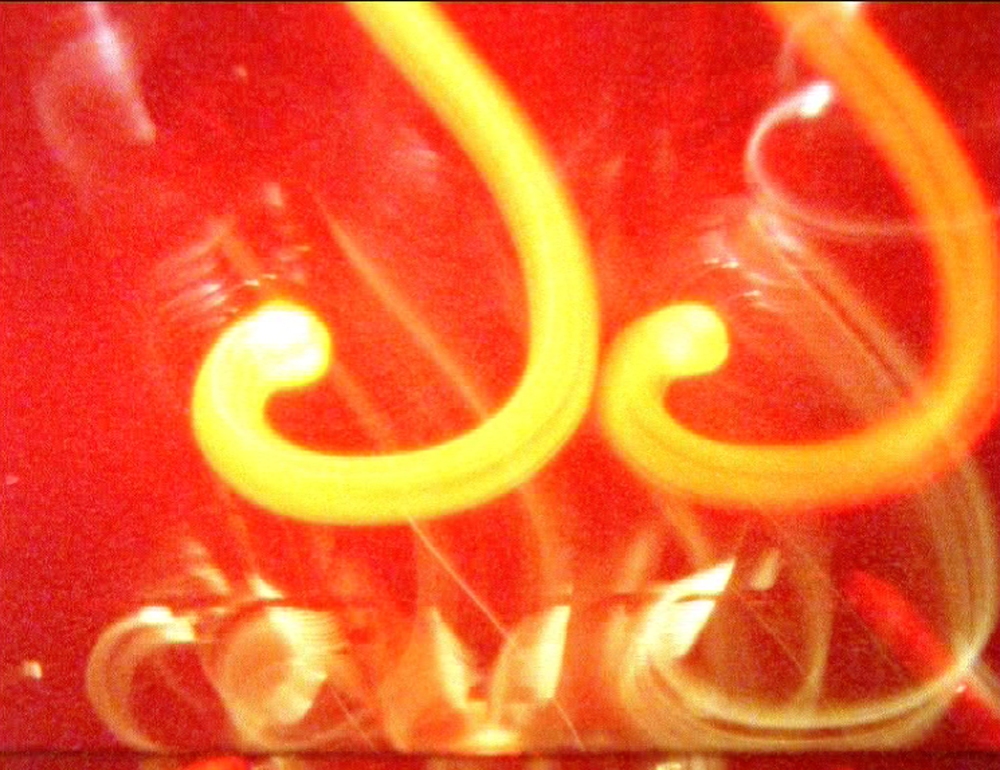
Film Programme 5: Word
Emma Hart Guy Sherwin Paul Sharits Various Artists John Smith
Includes: a £20 note, stock fluctuations, an examination of words in the video medium, a linguistic challenge for your mind, a frame by frame dissection 50 words, shop front poetry, image and language head to head and newspapers under the microscope.













